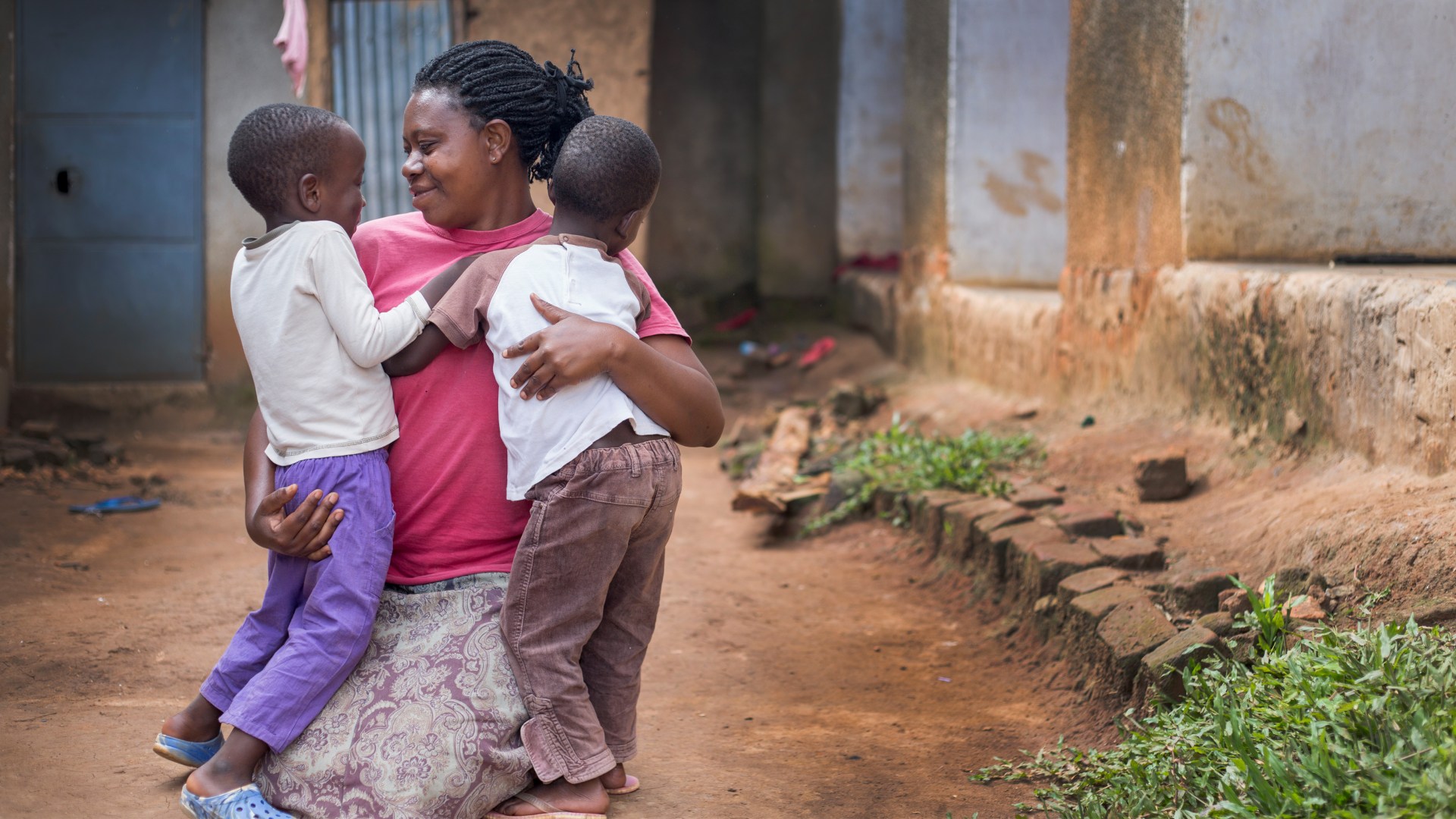In April, 19,200 orphans across Kenya went home. Their orphanages had closed because of the coronavirus outbreak.
In the Ukraine, 42,000 children in institutions were returned to their families in the same time frame, according to the International Leadership and Development Center, a child welfare charity in Kiev. Similar mass movements of orphans back to their families have been reported in Uganda and India.
Many will be surprised that orphans have homes and families to go to. But of the approximately 5.4 million children in orphanages around the world, the vast majority have a living parent and all of them have extended family, according to data from Save the Children and UNICEF.
Research indicates that institutions are not the best place for children to flourish and that the bonds of family are as important as access to education, food, and clothing for children to thrive. One study found that children lose approximately one month of development for every three months they spend in institutional care. Another study found that 1 in 3 children exiting residential care become homeless, 1 in 5 gain a criminal record, and as many as 1 in 10 die by suicide.
Institutions can cause or exacerbate attachment disorders and mental health challenges and can involve a greater risk of abuse, neglect, and maltreatment. Experts believe residential care should only be used as a last resort because, no matter how well-run an orphanage may be, it is still severely detrimental to a child’s well-being and development.
In December 2019, 198 nations signed a United Nations Resolution on the Rights of the Child which, for the first time, recognized the harm caused by institutionalizing children. However, the sudden pandemic, not the signed resolution, provided the most effective impetus to close down orphanages.
For decades, the existence of orphanages has been justified by the assertion that the children had no homes to go to or that it was not possible to trace their families. But the mass movement of children from orphanages back to their homes during lockdown demonstrates that this was a misguided or overly pessimistic view about the possibility of family reunification, even if it stemmed from a well-meaning desire to help.
At one level, this seems to be great news for children in orphanages, as so many have now gone home. But the sudden closure of orphanages is not necessarily good news. Suddenly moving in with relatives after being separated for extended lengths of time can be a challenging transition both for children and their caregivers. Some returned to unsafe situations due to the lack of assessment and monitoring.
“This rapid reintegration of children back to their birth families or extended family has many challenges,” said Christopher Muwanguzi, CEO of Child’s i Foundation. “We have been advised that at least 6,000 children have been returned home in just one district of Uganda, and we are concerned about the pressures this will put families under during lockdown.”
Now that COVID-19 has proved that it is possible for children in orphanages to return home, it is vital to ensure that the right support is in place to protect those children both in the short term and long term. The provision of safe, family-based care requires ongoing practical commitment from governments around the world, as well as from those who have been involved in supporting or managing orphanages in the past.
This is a critical moment. Vulnerable children around the world have gone home in huge numbers and should now have access to the essential nurture and protection that only a family can offer. However, the possibility remains that when lockdowns end, those children may be summarily returned to the orphanages, children’s villages, and residential educational establishments.
In many parts of the world, the pandemic has prompted a new imagination when it comes to dealing with some of our societies’ previously intractable problems. In London, a thousand homeless people were found accommodation in hostels or even hotels—within days. Large hospitals were built in a few weeks. Things we thought were impossible have suddenly proved possible. We need that same ambition when it comes to children from orphanages around the world.
Christians have a pivotal role in making sure things don’t go back to business as usual. It is widely acknowledged that churchgoers and those with faith have historically been the most generous donors and the most frequent visitors to orphanages, driven by a desire to help children and make a difference in the world. This generosity needs to be harnessed and channeled now to ensure that the best possible outcomes are achieved for our world’s most vulnerable children at this critical juncture.
During lockdown, I have spoken with Christian care reform leaders in Brazil, Costa Rica, the Dominican Republic, Moldova, Paraguay, Romania, Sri Lanka, and other places, who are working with their governments to develop and improve family-based care. Many are finding ways to offer family-based care using fostering and domestic adoption routes for those genuinely unable to live with relatives.
In Uganda, Childs i Foundation is working to transform orphanages into child support hubs. An institution that used to house a couple hundred children has been repurposed and the staff have been retrained to care for thousands of children by supporting them with their families.
Christians supporting these kinds of repurposing initiatives, where more children can be supported in more effective and sustainable ways, could be leading the way into a future without the need for orphanages anywhere in the world.
Krish Kandiah is a UK-based speaker and author and founder of Home for Good, a fostering and adoption charity.
Speaking Out is Christianity Today’s guest opinion column and (unlike an editorial) does not necessarily represent the opinion of the magazine.
Correction: The above photo was previously mislabeled as depicting an orphanage. It depicts a foster family.









